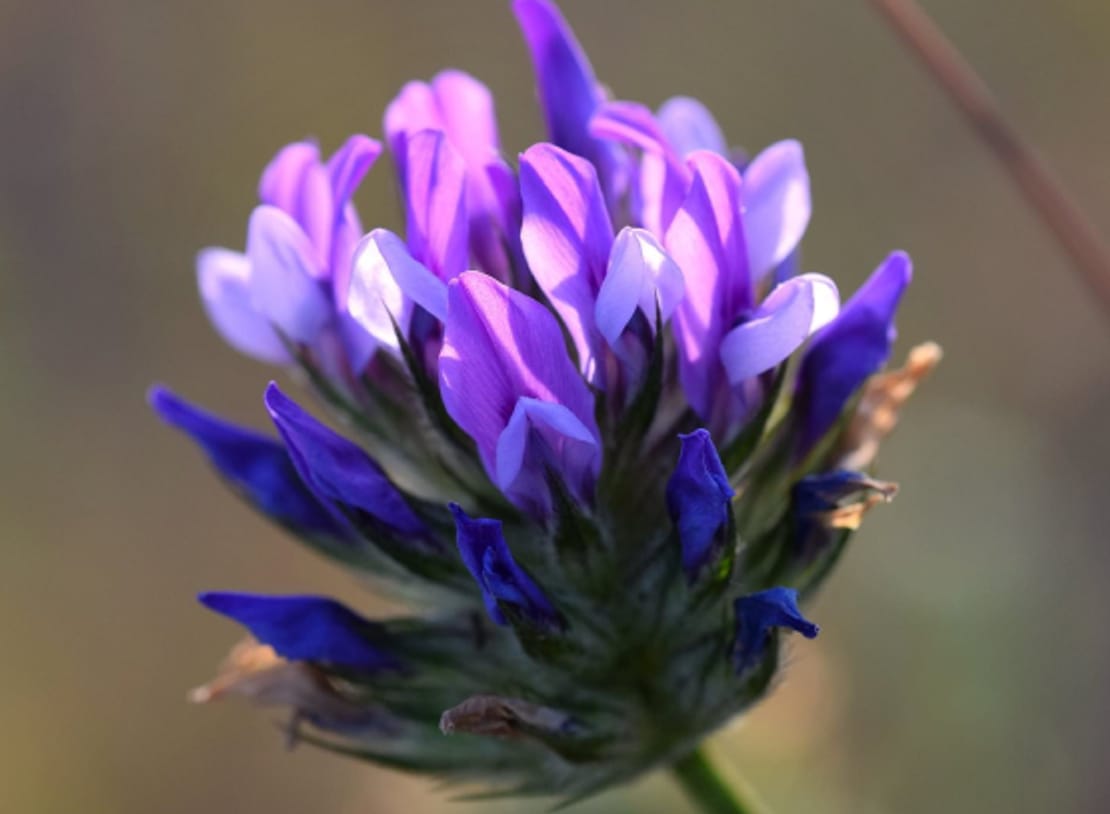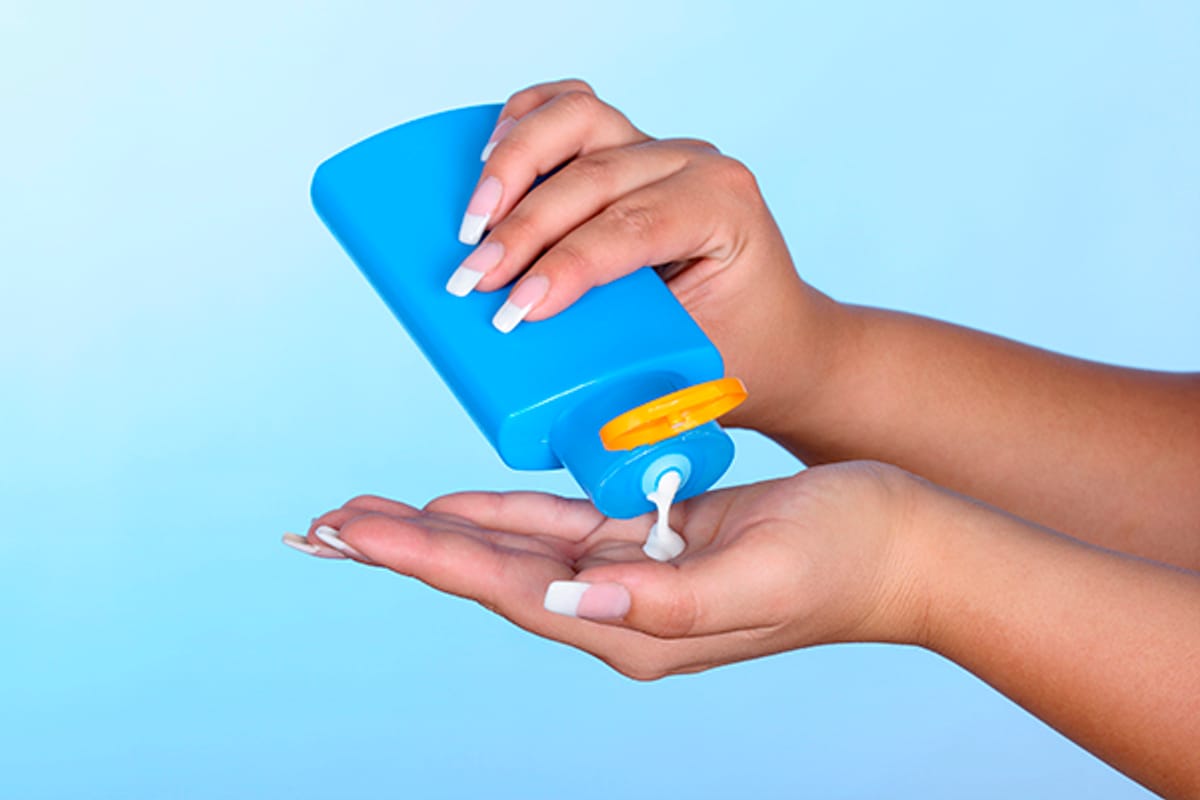What is Bakuchiol?
Bakuchiol has emerged as one of the most sought-after ingredients in the beauty industry in recent years. This plant-derived ingredient is extracted from Psoralea corylifolia, a plant belonging to the Fabaceae family, and possesses anti-inflammatory and antioxidant properties, making it a popular alternative for sensitive skin. Notably, bakuchiol exhibits similar efficacy to retinol while mitigating the irritating side effects associated with retinol, garnering significant attention.

Bakuchiol
Bakuchiol Benefits
- Stimulates Collagen Synthesis: Bakuchiol promotes collagen production and strengthens the skin's regeneration process, aiding in wrinkle reduction and enhancing skin elasticity. These properties play a crucial role in preventing skin aging and contribute to maintaining younger, healthier-looking skin.
- Anti-inflammatory and Antioxidant Effects: Bakuchiol possesses potent anti-inflammatory and antioxidant properties, effectively reducing skin inflammation and protecting against damage caused by free radicals. This helps minimize skin redness and irritation, and can be beneficial in alleviating skin conditions.
- Improves Skin Tone: Bakuchiol helps improve skin tone and reduce hyperpigmentation and skin unevenness. Products containing this ingredient restore skin radiance and provide a brighter, more even skin complexion.
- Promotes Skin Regeneration: It supports the skin's natural regeneration capabilities, playing a vital role in repairing skin damage. Particularly for skin damaged by acne or other skin issues, using products containing bakuchiol can promote faster recovery.
Bakuchiol Side Effects
Bakuchiol is a naturally derived ingredient widely used as an alternative to retinol. This ingredient gently works on the skin, providing similar effects to retinol while minimizing irritation. However, like any skincare ingredient, bakuchiol can also cause side effects, and it's crucial to follow proper usage guidelines.
- Skin Irritation: While generally less irritating than retinol, bakuchiol can cause mild redness, itching, or irritation in some individuals with sensitive skin. Especially when first using it, temporary discomfort may be experienced as the skin adapts to the new ingredient.
- Allergic Reactions: Rarely, allergic reactions to bakuchiol can occur. These can manifest as rashes, swelling, or itching, and if these symptoms appear, immediately discontinue use and consult a dermatologist.
- Skin Dryness: Using bakuchiol can disrupt the skin's moisture balance. This can lead to skin dryness and, infrequently, peeling or flaking.

Bakuchiol Precautions
Precautions When Using Bakuchiol
- Starting Usage: When using bakuchiol for the first time, it's recommended to start gradually. Begin with 1-2 times a week, monitor your skin's reaction, and gradually increase the frequency if your skin tolerates it well.
- Use with Sunscreen: It's essential to consistently use sunscreen while using bakuchiol. Bakuchiol can make the skin more sensitive, increasing its responsiveness to UV light.
- Use Moisturizer: If skin dryness is observed during bakuchiol use, it's important to use an effective moisturizer to maintain the skin's moisture balance. Moisturizers help strengthen the skin's barrier and prevent dryness and irritation.
- Perform a Patch Test: Before applying bakuchiol to the entire face, it's safe to test it on a small area of skin first. This helps determine how your skin reacts to the ingredient and minimizes the risk of adverse reactions.


Comments0